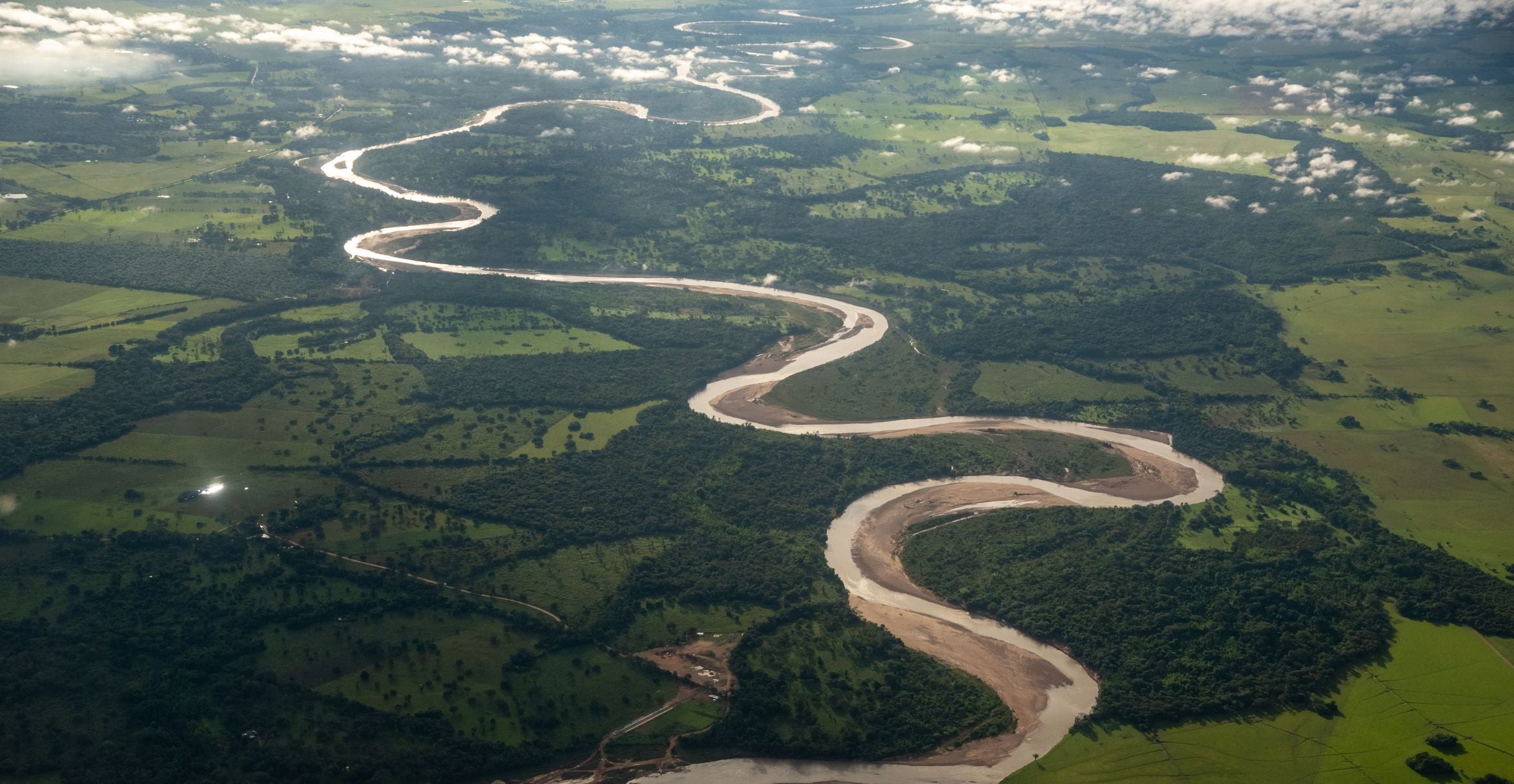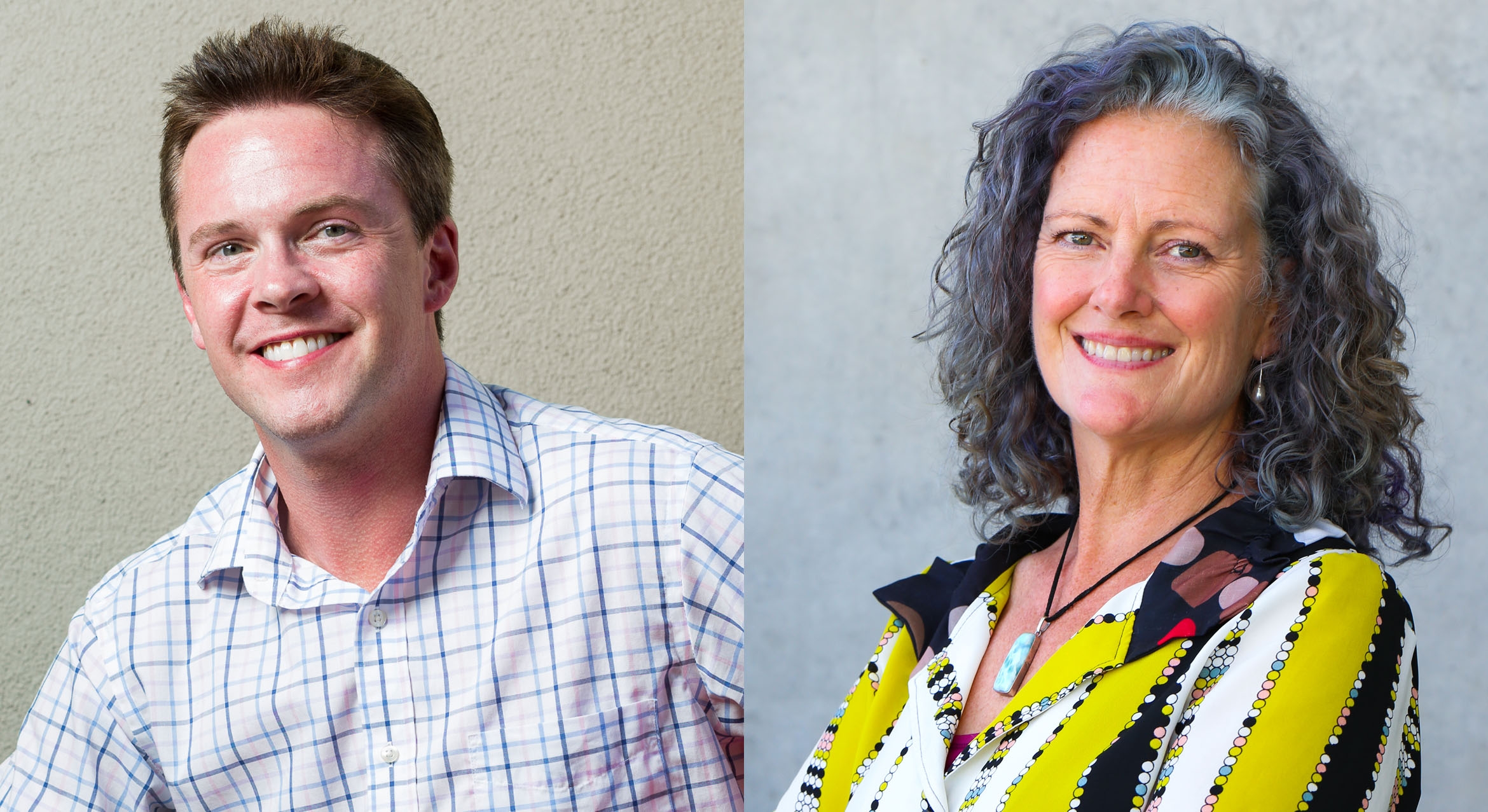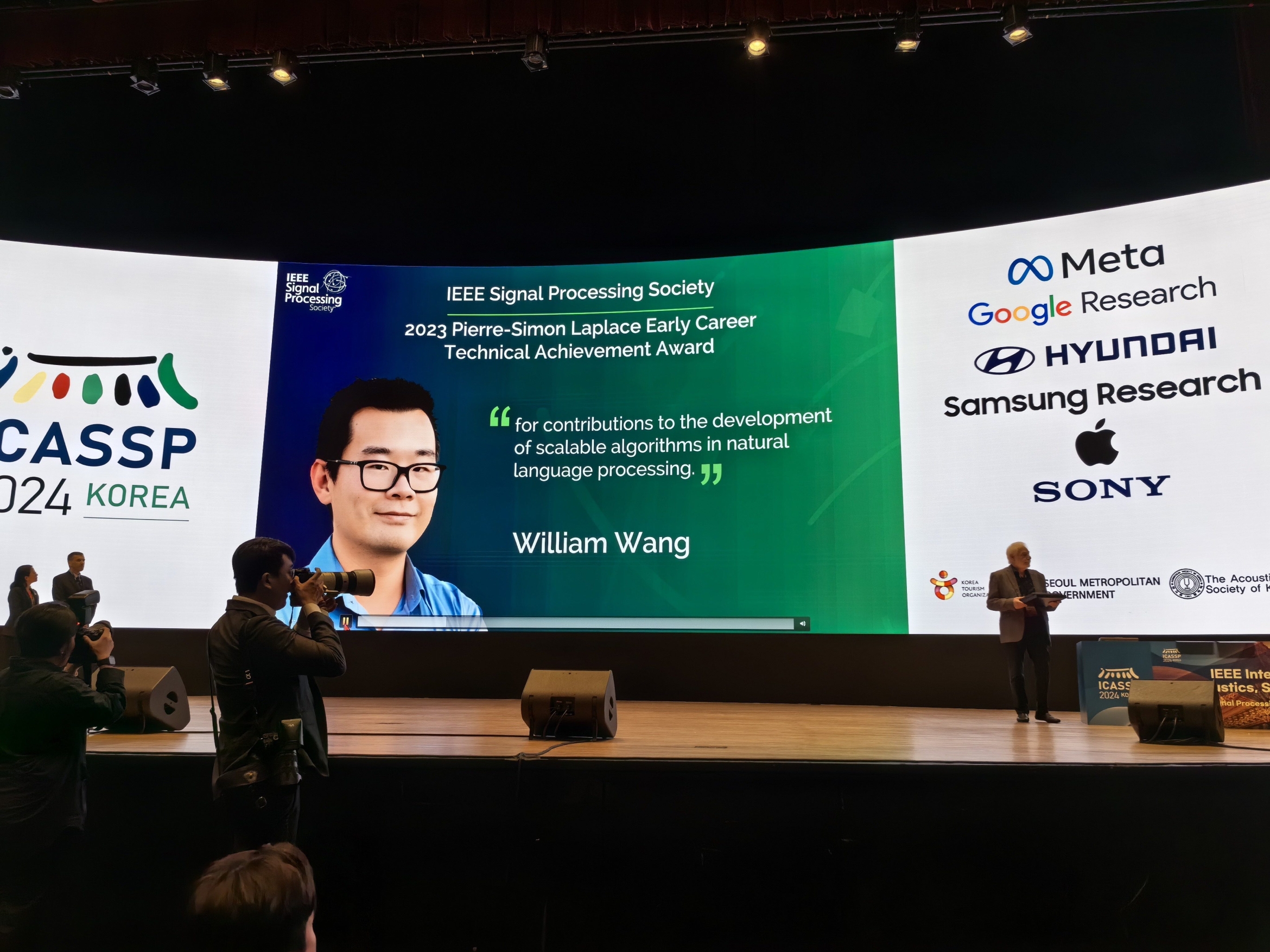
Moving the Needle
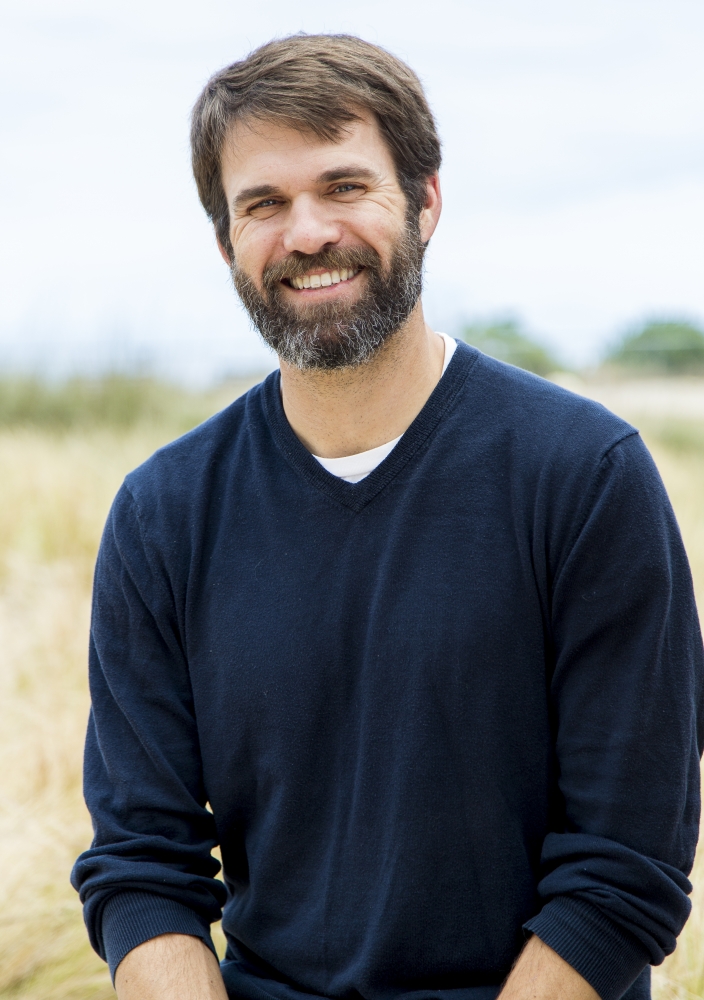
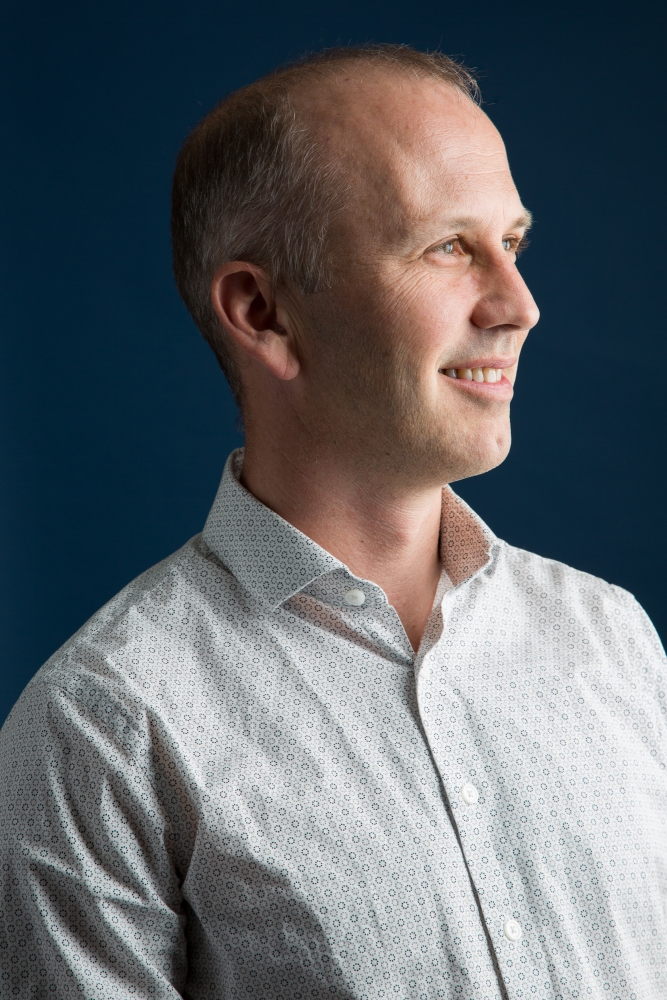
With a brilliance so stunning and species diversity so vast, coral reefs are perhaps the ocean’s most iconic ecosystem. Home to a quarter of all marine life on the planet, they’re also among its most critical. And they’re in trouble.
As climate change pushes ocean temperatures upward, hotter waters have become the leading culprit in coral bleaching — a condition that strips corals of color and nutrients when algae, the main source of their hue and their food, get stressed and flee.
Coral bleaching is at the center of a new research effort at UC Santa Barbara being funded by a gift from the Zegar Family Foundation. With a total donation of $1.04 million, the nonprofit organization founded by Charles (Chuck) Zegar and his wife, Merryl Snow Zegar, is supporting three new UCSB-based projects — the other two are focused on food supply — aimed at finding environmental solutions.
“This critical funding will help our faculty to advance research on climate change impacts on food supply, including agriculture and ocean aquaculture, as well as coral reef bright spots,” said Chancellor Henry T. Yang. “We are deeply grateful to Chuck and Merryl Zegar for their vision and philanthropic investment in support of this vital research and strategies for environmental solutions.”
With the foundation’s principal grant-making areas ranging from basic science and medicine to higher education and engaging in economic opportunity, the Zegar Family Foundation is devoted to improving the lives of others and enhancing communities and the world. So, too, are the Zegars themselves, signatories of The Giving Pledge.
Living in both New York City and Santa Barbara for the past four years, the Zegars have become an active philanthropic presence in Santa Barbara. This generous gift to UCSB reflects their current philanthropic focus on the environment, in addition to their foundation’s other areas of giving. The Zegars are exploring multiple new climate initiatives that support varied approaches to mitigate climate change.
“We knew we wanted to get involved with UC Santa Barbara, and we wanted to zoom in on something that we thought would be beneficial and that this institution has expertise in,” said Chuck Zegar, co-founder and original software architect for Bloomberg. “We knew ocean science and the environment are UCSB’s specialties and have seen where they are doing very important work in this area. We wanted to be involved.”
Merryl Snow Zegar, an attorney and former administrative law judge, agreed. “We first came to the university to explore many different projects for scientific investment,” she said, “ultimately deciding that, for our foundation, we wanted to really focus a lot of our efforts and energy on the environment.”
The Zegars are funding important new endeavors by two accomplished scientists that will address different aspects of climate change.
Marine biologist Ben Halpern, director of UCSB’s National Center for Ecological Analysis and Synthesis (NCEAS), will lead two Zegar-supported, synergistic projects that address the environmental impact of food production and the impact of environmental change (notably climate change) on food.
“With funding from the Zegar Family Foundation, these projects will help put all global food production on the same ‘table’ to compare and contrast how they impact the environment and how they might change with climate change — fundamental questions for global food security and the fate of our planet,” said Halpern, also a professor at UCSB’s Bren School of Environmental Science & Management. “We are really excited to see the results that come and, importantly, to openly share all of the data and results so that others can build on our work and take it in directions we never could have imagined. To me that’s one of the most exciting things about science — the iterative process of discovery that leverages the past and finds unexpected insights in the future.”
By synthesizing data from coral bleaching events over the past several decades, ecologist Deron Burkepile, an associate professor in UCSB’s Department of Ecology, Evolution and Marine Biology, aims to determine where corals are bleaching less than expected — “bright spots” — and where they are bleaching more — “dark spots.”
“Our goal is to understand why these bright and dark spots exist,” Burkepile explained. “The aim is to identify factors that either mitigate or exacerbate bleaching, with the hope that we can find factors that are amenable to local management actions. For instance, if nutrient pollution makes coral bleaching worse, we could then identify the sources of that pollution and help mitigate it, which would help reduce levels of coral bleaching and associated mortality.
“This gift is amazing as it will let us have people dedicated to sourcing and synthesizing a huge amount of data from the coral reef community,” Burkepile added of the Zegar funding. “Taking on projects like ours will hopefully allow us to identify local management solutions that will help ‘climate proof’ reefs as much as possible while humanity takes on the task of lowering carbon emissions and preventing runaway warming of our climate.”
The environmental focus for the Zegars may be relatively new, but science has long been central to their philanthropy — in particular for Chuck, who holds advanced degrees from New York University in both computer science and biology. The latter he earned later in life, returning to his alma mater for a second master’s in 2003 after decades of success with Bloomberg. He is actively involved in research himself, part of a biology lab at NYU, where he also sits on the Board of Trustees.
In all of their philanthropy, the Zegars are oriented toward impact.
“To me what’s most important is the bang for the buck and how you move the needle,” Merryl Zegar said recently at UCSB. “Don’t just throw money at something — take time to understand what a program is doing and how it can create the impact you want. You have to find your passion and really work toward something that has meaning to you. It’s all about passion and impact.”
